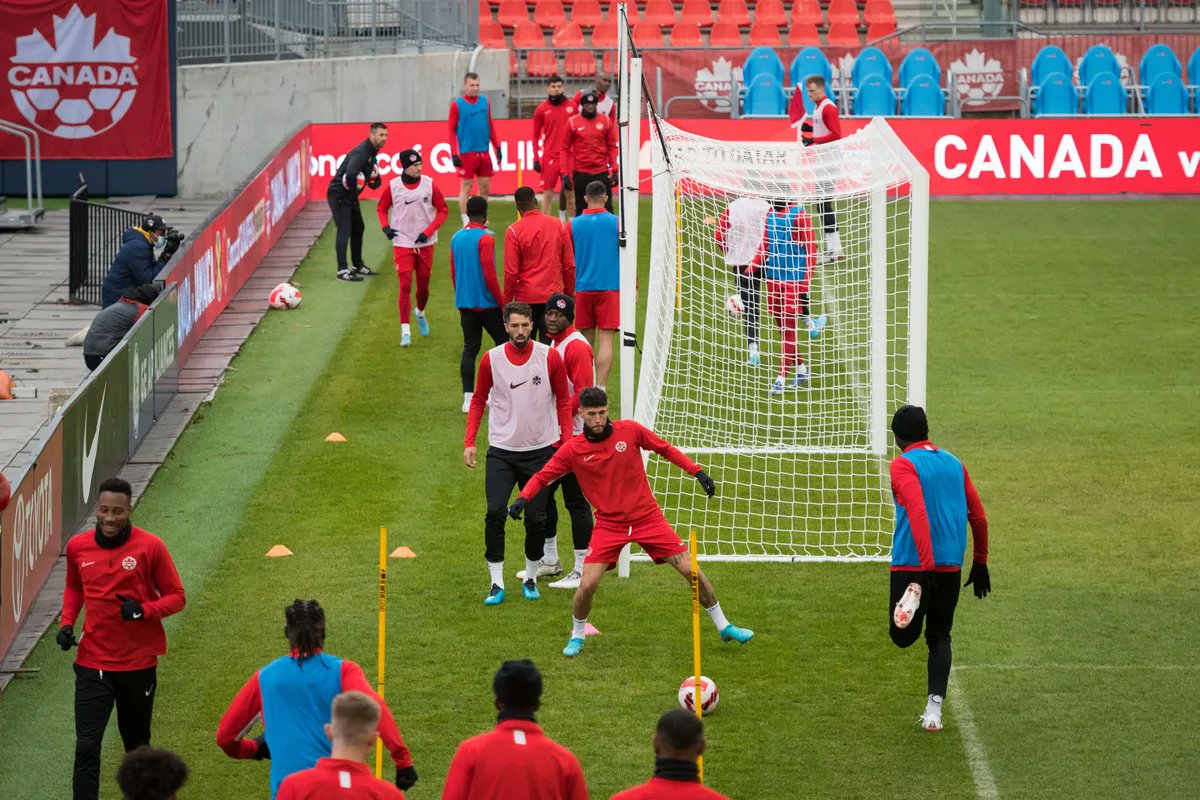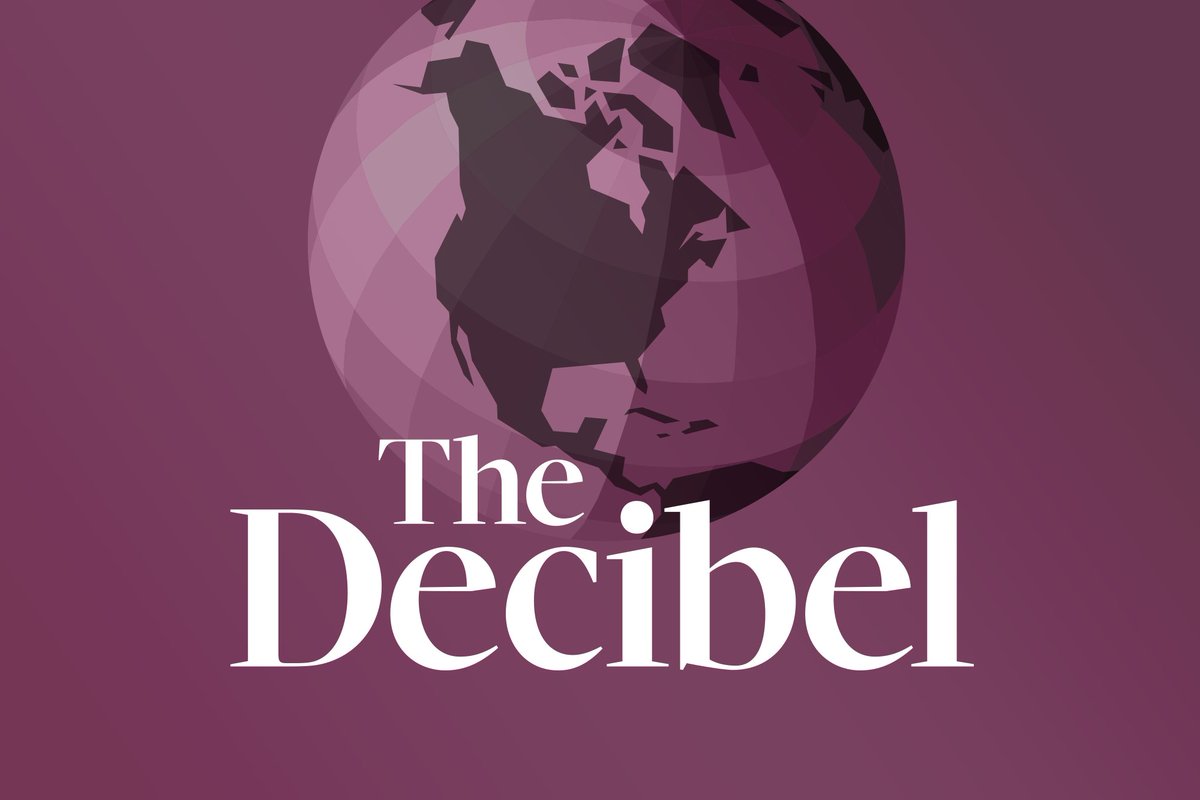
⚽️It's Canada vs. Jamaica game day! Are you ready?⚽️
Here's what you need to know:
- If #CanMNT wins or ties, Canada qualifies for the World Cup 2022
- Start time is 4 p.m. ET at BMO Field in Toronto
- Current temperature is a blustery -5°C ❄️
Here's what you need to know:
- If #CanMNT wins or ties, Canada qualifies for the World Cup 2022
- Start time is 4 p.m. ET at BMO Field in Toronto
- Current temperature is a blustery -5°C ❄️
Canada leads the final round of qualifying with 25 points, and needs just one more point to secure qualification. It will also book its ticket to Qatar if fourth-place Costa Rica (19 points) fails to win Sunday at El Salvador.
tgam.ca/3iJ0V6R
tgam.ca/3iJ0V6R

The Canadians, who have a three-point cushion over the U.S. and Mexico (both 22 points), finish out the round Wednesday with a match against fifth-place Panama (18 points).
tgam.ca/3iJ0V6R
tgam.ca/3iJ0V6R
Need to catch up on everything #CanMNT? Ready to jump on the bandwagon? We've got you covered.
tgam.ca/37UGAJs
tgam.ca/37UGAJs
• • •
Missing some Tweet in this thread? You can try to
force a refresh









